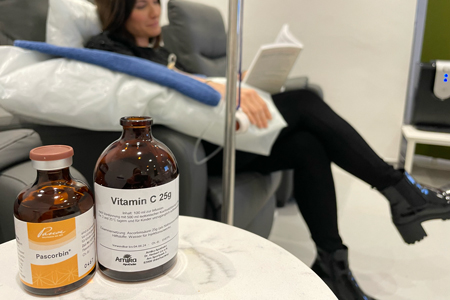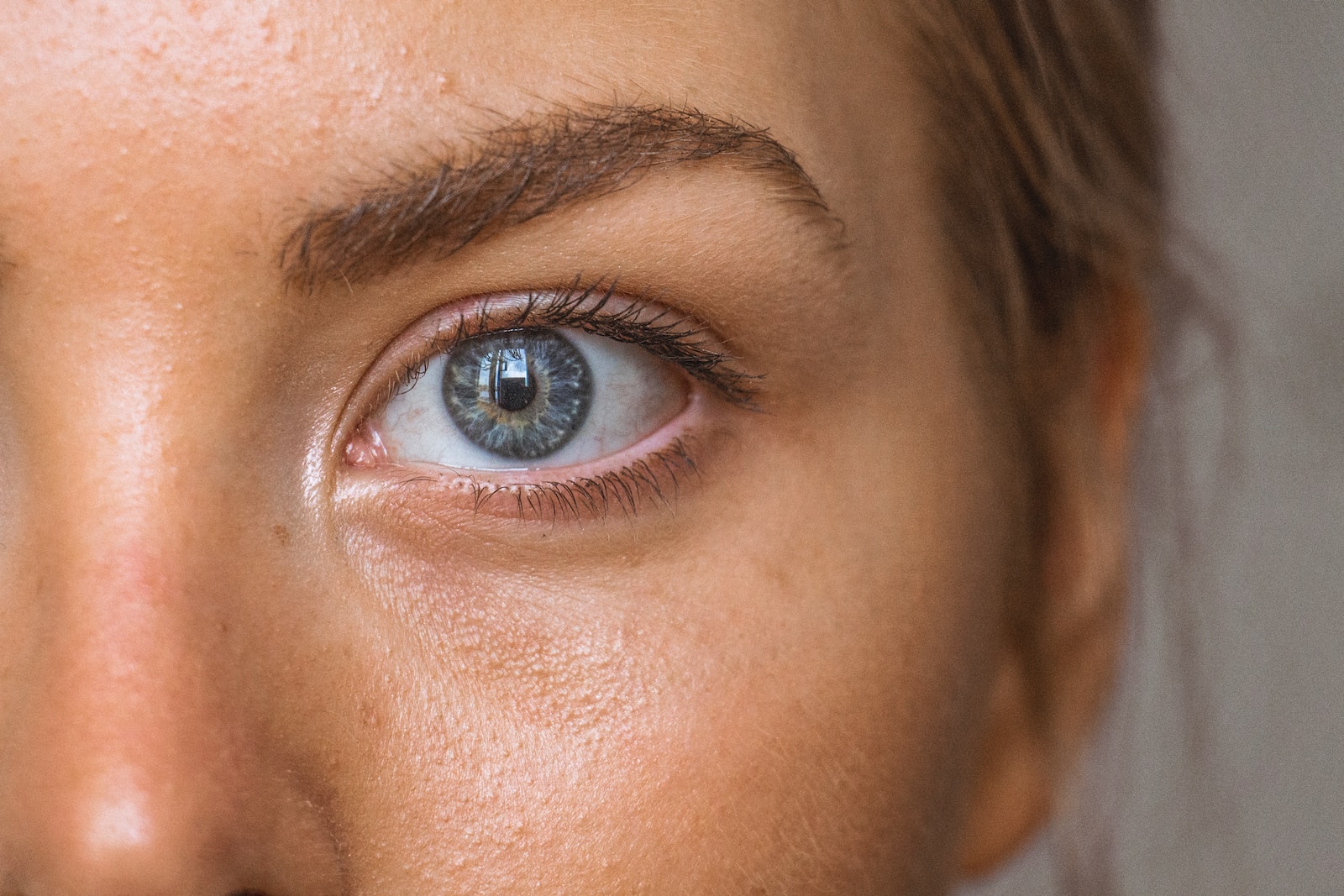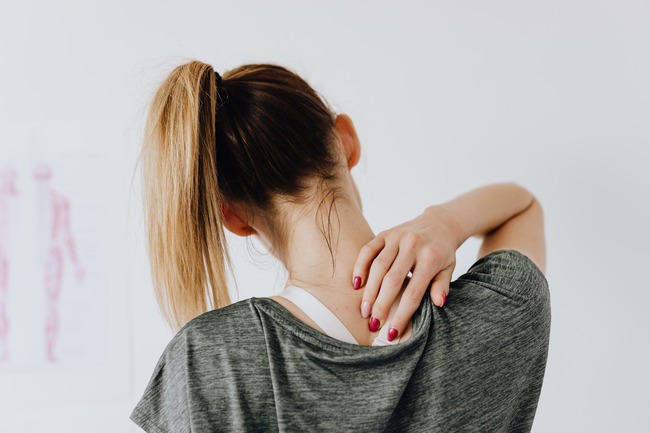Do you regularly find that you feel tired without any real reason? Are your days filled with yawns, feeling rundown and having a lack of focus? It is quite likely that your body may be suffering from a vitamin deficiency. You may be wondering how vitamins help us fight fatigue. Here, we explain everything you need to know about the link between fatigue and vitamin deficiencies.
Relationship between fatigue and vitamin deficiencies
Fatigue – that perpetual feeling of weariness and exhaustion – is often brought on by a variety of circumstances, with inadequate nutrition playing a crucial role. A lack of essential vitamins such as vitamin B, C, D and iron stand out as major contributors to chronic weariness. So how do these vitamins actually help?
Let’s start with Vitamin C. This nutrient is integral to a variety of bodily functions like collagen production, maintenance of skin, repairing body tissues, and wound healing. Moreover, it supports the production of neurotransmitters like serotonin, which regulates our moods and cognitive functioning. In addition to all this, vitamin C also prevents oxidative stress on blood vessels, thus improving blood circulation throughout the body, which prevents feelings of tiredness.
Moving onto the B group of vitamins, which include B6, B9 and B12, these collectively are key catalysts in facilitating biochemical reactions for converting carbohydrates into usable energy. This all helps in energy metabolism and red blood cell synthesis, turning food into usable energy while supporting the body’s cellular activities. Inadequate levels of vitamin B not only reduce energy generation but may also impact nerve health, resulting in neurological symptoms contributing to weariness.
In addition to the above, if you have poor levels of vitamin D, you may experience less regulation of metabolism and reduction in bone health. This could result in unexpected weight gain and brittle bones, making you more prone to fractures and spasms.
And how can we forget iron? Iron is an essential component of haemoglobin oxygen transportation throughout the body and is primarily linked to exhaustion and low energy levels. Hence, if you face iron deficiency, which is common with disorders such as anaemia, it can directly impair your body’s ability to transport oxygen through blood properly, resulting in fatigue, weakness and poor endurance.
The consequences of these inadequacies can go much beyond tiredness. Therefore, understanding the importance of a nutrient and vitamin-rich diet is crucial to help you maintain healthy energy levels. But what’s the best way to consume these vitamins?
How to include get vitamins in your life
Let’s take a look at how to include these essential vitamins in our daily life. The simplest step is including these vitamins in your diet. A balanced diet rich in vitamins B, C, D and other essential nutrients can boost your vitality and immunity.
For vitamin B6 specifically, eating chickpeas, lentils, chicken, turkey and potatoes regularly is a good start. And if you like fruits, bananas are a great source of B6 as well. Moving on to vitamin B9, more commonly known as folic acid, your leafy greens such as spinach and kale, and citrus fruits like oranges and grapefruits are good sources of this. You might also be surprised to know that wholemeal bread and fortified cereals are good sources of B vitamins. As for the famous vitamin B12, animal-based foods like beef and salmon, and dairy products like cheese and yoghurt are the main sources. But if you are a vegetarian or vegan, supplementing is a must.
Moving onto our beloved vitamin C, you can eat citrus fruits like oranges and lemons to help boost your vit C levels. But if you like something sweeter, kiwi, papayas, strawberries and raspberries are a great alternative. While we are talking about healthy options, a savoury salad bowl which contains bell peppers and tomatoes will also help to improve your vitamin C levels.
Meanwhile, for our “sunshine vitamin”, vitamin D, a serving of fresh sun is perfect! Jokes aside, it is true that sun exposure can lead to an increase in vitamin D levels. But if you want to tingle your taste buds regardless, fatty fish like mackerel and tuna, and fortified food items like orange juice, cereals and cheese are highly recommended.
Sometimes due to health conditions, medications or gut health issues, absorption of these vitamins can take a hit. The obvious alternative to this is an oral vitamin supplement, which is great by all means, but does take a long time to build up in the body and isn’t great if you forget to take your pills! There is another effective way of getting the nutrients you need, especially if you are particularly deficient – IV drips.
IV drips have been around for a while now, but their usage in optimising health has made them even more popular. What’s great is that this non-invasive procedure is fast and effective in treating vitamin deficiencies. IV drips deliver the desired nutrients directly to the bloodstream for the body to use, instead of bypassing the gut where many are lost.
Vitamins are your friend
Whew! That was quite an exhaustive ride, but nothing that these vitamins can’t handle. While we believe that we have answered all your questions regarding how vitamins help us deal with fatigue and how you too can take advantage of them to lead a healthier and active life.
It is important to remember that if you face any signs of a vitamin deficiency, consulting your GP or a trusted healthcare professional should be the first step.







